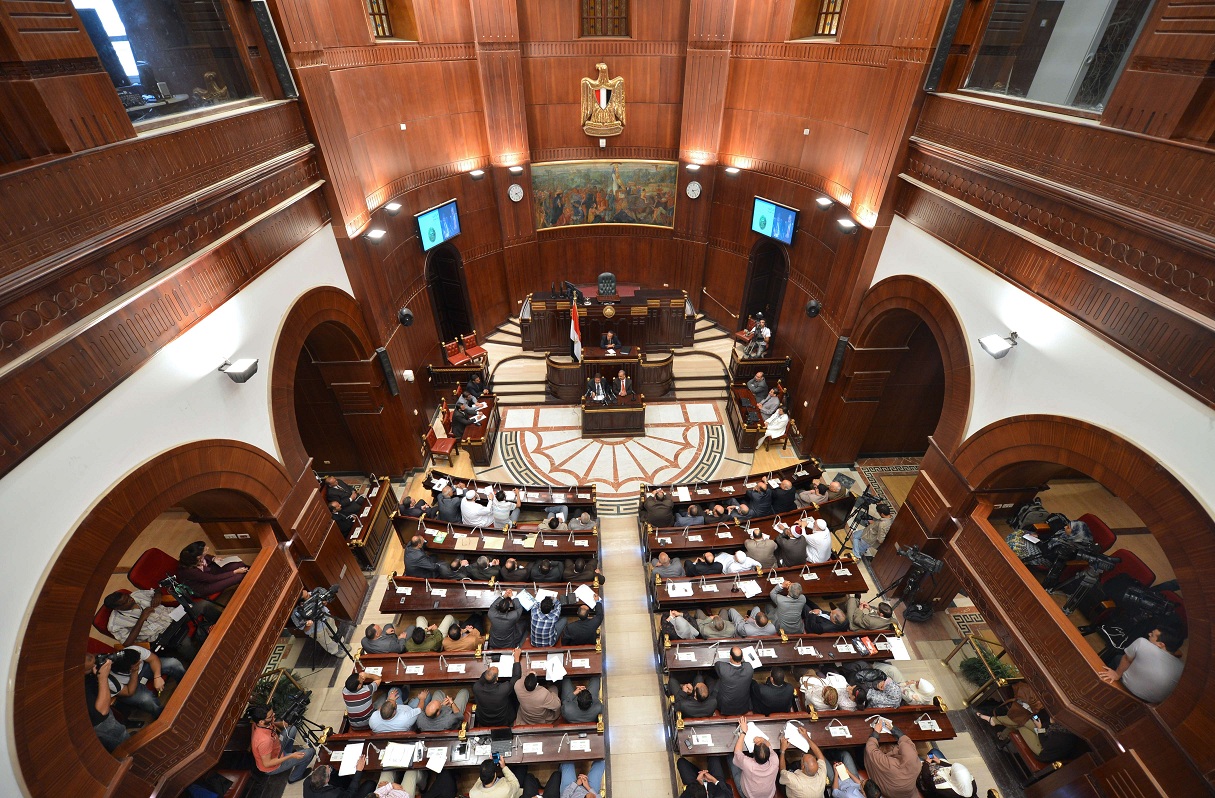NEW YORK: In the midst of a stalled peace process in the Middle East, a new poll released by the OneVoice Movement, an international grassroots peace movement equally represented both in Israel and in Palestine, provides a snapshot of Israeli and Palestinian public opinion and insights into how peace negotiations should move forward from now on.
With fieldwork conducted after the recent Gaza war and Israeli elections on 10 February, the poll engaged 500 Israelis and 600 Palestinians from the West Bank and Gaza on final status issues and negotiations. The questions pushed beyond the usual, intransigent ‘yes’ or ‘no’ responses, attempting to get to the heart of what people on the ground are willing to accept and how they think the process should play out.
At the macro level, the findings indicate that the two-state solution remains the only resolution that is acceptable to the majority of both Israelis and Palestinians: 74 percent of Palestinians and 78 percent of Israelis would be willing to accept a two-state solution, while 59 percent of Palestinians and 66 percent of Israelis find a single, bi-national state to be unacceptable.
What’s more, Israelis and Palestinians are as convinced as ever that negotiations are the way to get there: 77 percent of Israelis and 71 percent of Palestinians find a negotiated peace to be either ‘essential’ or ‘desirable’.
Of course, that’s the macro view, and it’s not the whole story. The findings imply that mainstream Israeli and Palestinian populations have yet to acknowledge the significant concerns of the other side.
While the issue of greatest significance for Palestinians is freedom from occupation (94 percent deem it a ‘very significant’ problem in the peace process, ranking it the primary issue on the Palestinian side), only 30 percent of Israelis find it to be ‘very significant’, ranking the issue 15th on the Israeli list of priorities. Similarly, the primary issue for Israelis is stopping attacks on civilians (90 percent rate it a ‘very significant’ issue). This issue meets with 50 percent approval on the Palestinian side, but ranks as 19th in a list of 21 issues.
So how do we push past the impasse? How do we build consensus? And – perhaps most importantly – how do we ensure that this process doesn t fail, like all the others? The poll gives us some interesting answers here, as well.
First and foremost, the poll reveals a clear desire for civic engagement in the peace process: ordinary Israelis and Palestinians not only want to be informed about the negotiations progress, they desire greater involvement in the process (58 percent of Israelis and 74 percent of Palestinians think civic involvement in the peace process is ‘essential’ or ‘desirable’).
Progress at the negotiating table is only one step in the process of reaching a realistic solution. An end to the conflict will only come when leaders reach an agreement that their peoples are ready to understand, accept and support. And this comes through civic education, true engagement of the grassroots.
Governments alone can’t take this on.
They need to work in tandem with civil society and grassroots organizations to ensure true connection between the top-level negotiation process and the will of the citizens of all sides.
As part of this effort, OneVoice will be launching a Town Hall Meetings series throughout Israel and Palestine, which will start in May and continue throughout 2009. The meetings will build on the poll’s results to start critical discussions, highlight consensus where it already exists, and work toward consensus where there is none.
Resolving the Israeli-Palestinian conflict is not impossible; failure is not a foregone conclusion. The shape of an agreement is there, and there is a genuine possibility to work toward compromise on even the toughest final status issues.
But without more attention to the process – without a genuine engagement of the people on the ground, who will have to live with whatever agreement is put down on paper – we will inevitably fall victim to the shortcomings and failures of the past.
And our children will have to pay the price.
Darya Shaikh is Chief Operating Officer of the OneVoice Movement. The poll was commissioned by OneVoice Israel and OneVoice Palestine in collaboration with the Institute of Irish Studies at the University of Liverpool. The fieldwork was undertaken by Arab World for Research and Development of Ramallah and Dahaf Institute of Tel Aviv. Download full polling report here: http://onevoicemovement.org/programs/documents/OneVoiceIrwinReport.pdf. This article was written for the Common Ground News Service (CGNews).

